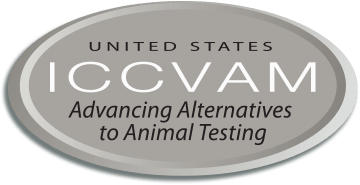Interlaboratory Study to Examine Effects of Key Protocol Elements for Zebrafish Developmental Toxicity Studies
To enable broader adoption of zebrafish for toxicological screening, NTP established the Systematic Evaluation of the Application of Zebrafish in Toxicology (SEAZIT) program.
An initial information-gathering phase of the SEAZIT program identified a need for an interlaboratory study to more closely examine the effects of variation in key protocol elements in developmental toxicity studies. The study was designed to determine the effect of chorion removal and exposure media renewal on study outcomes. Participating laboratories will use in-house protocols to test a defined chemical set while varying these two protocol elements. The chemical set, which was designed to provide overlap with other NTP studies, includes chemicals with a range of physicochemical properties and developmental effects. Many of the chemicals have in vivo reference data available from rodent and other zebrafish studies. The interlaboratory study also includes a pilot study of chemical kinetics in support of future studies of ADME in zebrafish. Dose range-finding experiments study began in 2019, although progress over the last 2 years has been delayed due to COVID-related laboratory closures.
In addition to advancing broader adoption of zebrafish for toxicological screening, SEAZIT is also supporting development of best practices for data analysis. To this end, the data generated in this study will be made publicly available, so that all study data may be used by investigators to estimate consensus toxicity values for each chemical.



